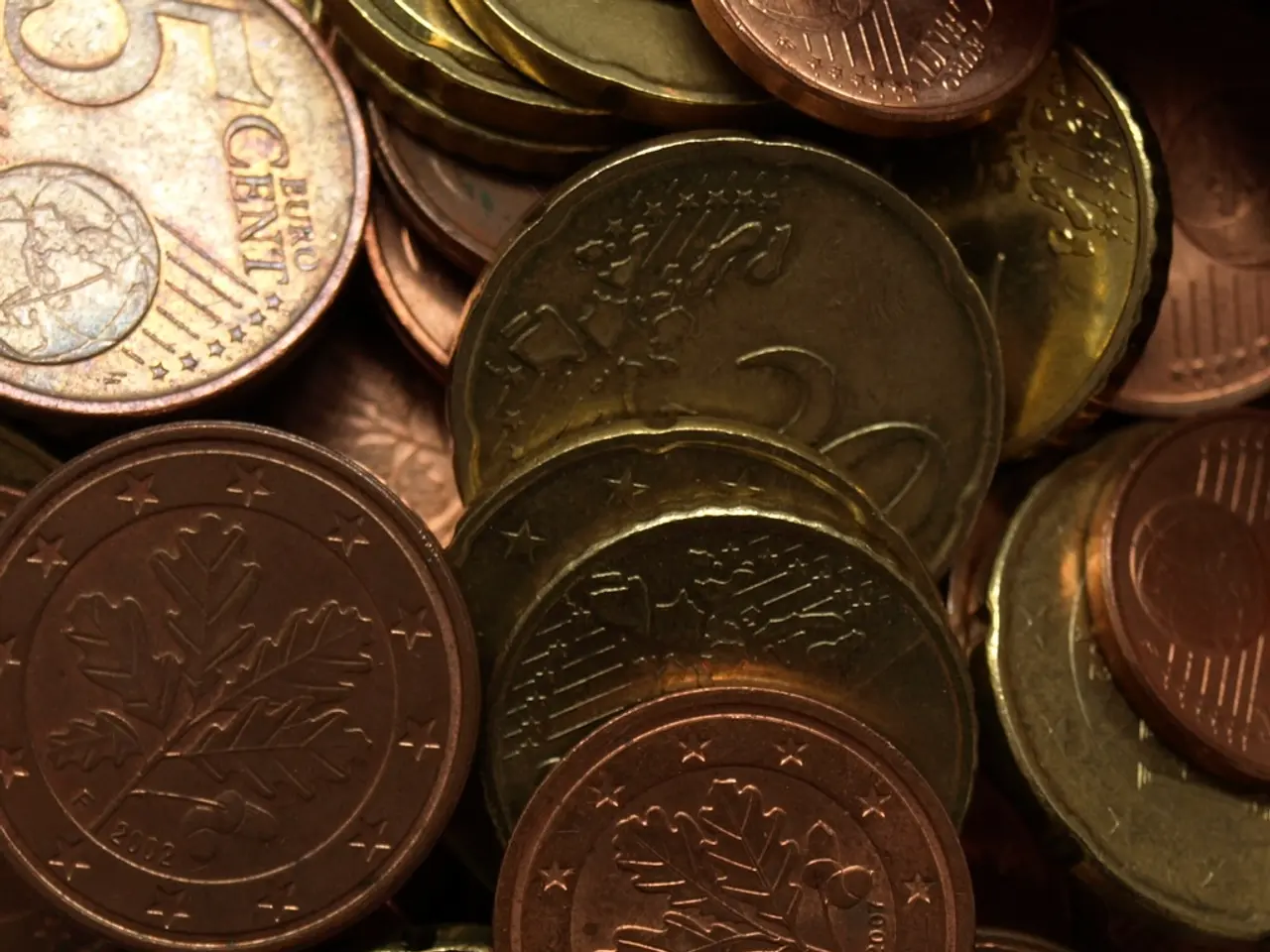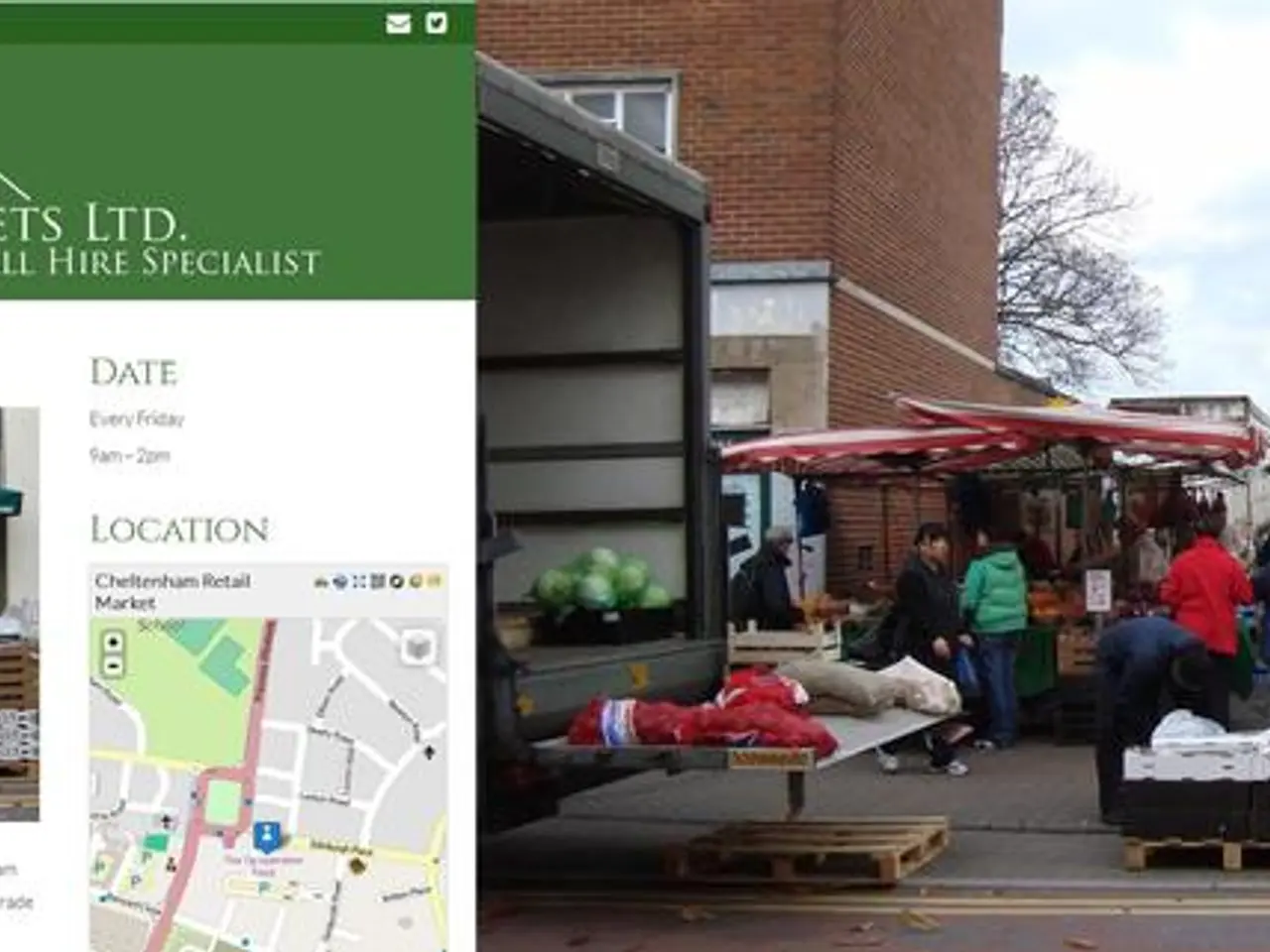Warning: Tariff Scams to Watch Out For in the Age of Trade Disputes 🚨
Merchants Seizing Opportunities via Deception over Tariff Uncertainties
If you're feeling the crushing weight of tariffs on your wallet this year, you're not alone. But while tariffs have become a hot topic, they've also opened up a whole new avenue for scammers to take advantage of the masses. These crafty individuals are always scheming up new ways to fleece your hard-earned cash, and tariffs are no exception. Here are the top tariff scams to watch out for:
Spoof government emails 📧
In an effort to capitalize on people's lack of understanding around tariffs, these devious scammers set up fake government agency websites with names like "U.S. Customs" or "Tariffs" in an attempt to trick you into believing their legitimacy. These sites then send out bogus emails claiming that you owe a tariff payment for a recent purchase or a general tariff payment. In reality, they're just looking to collect your personal information or steal your money.
How to spot it: Remember, consumers don't pay tariffs directly. Any request for a direct tariff payment is usually a scam. Be wary of any emails or websites that have a ".com" or ".net" domain claiming to be affiliated with the government. You can conduct a WHOIS lookup to see when a web domain was registered, and any site created within the last few months should be considered highly suspicious.
Misleading mail and package notices
1.be cautious while dealing with emails or letters claiming to be from business entities offering tax refunds or rebates on tariffs, as these might be scams intended to steal your money or personal information.
2.It's important to research any business offering financial services related to tariffs thoroughly, given the rise of fraudulent entities pretending to offer legitimate financial services to unwary customers.






